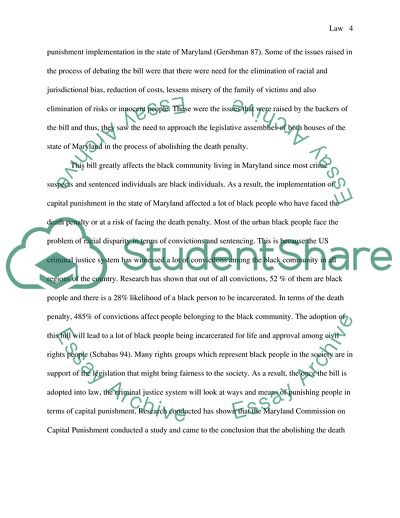Cite this document
(Legislative Briefing Essay Example | Topics and Well Written Essays - 1500 words, n.d.)
Legislative Briefing Essay Example | Topics and Well Written Essays - 1500 words. https://studentshare.org/law/1798038-legislative-briefing
Legislative Briefing Essay Example | Topics and Well Written Essays - 1500 words. https://studentshare.org/law/1798038-legislative-briefing
(Legislative Briefing Essay Example | Topics and Well Written Essays - 1500 Words)
Legislative Briefing Essay Example | Topics and Well Written Essays - 1500 Words. https://studentshare.org/law/1798038-legislative-briefing.
Legislative Briefing Essay Example | Topics and Well Written Essays - 1500 Words. https://studentshare.org/law/1798038-legislative-briefing.
“Legislative Briefing Essay Example | Topics and Well Written Essays - 1500 Words”. https://studentshare.org/law/1798038-legislative-briefing.


